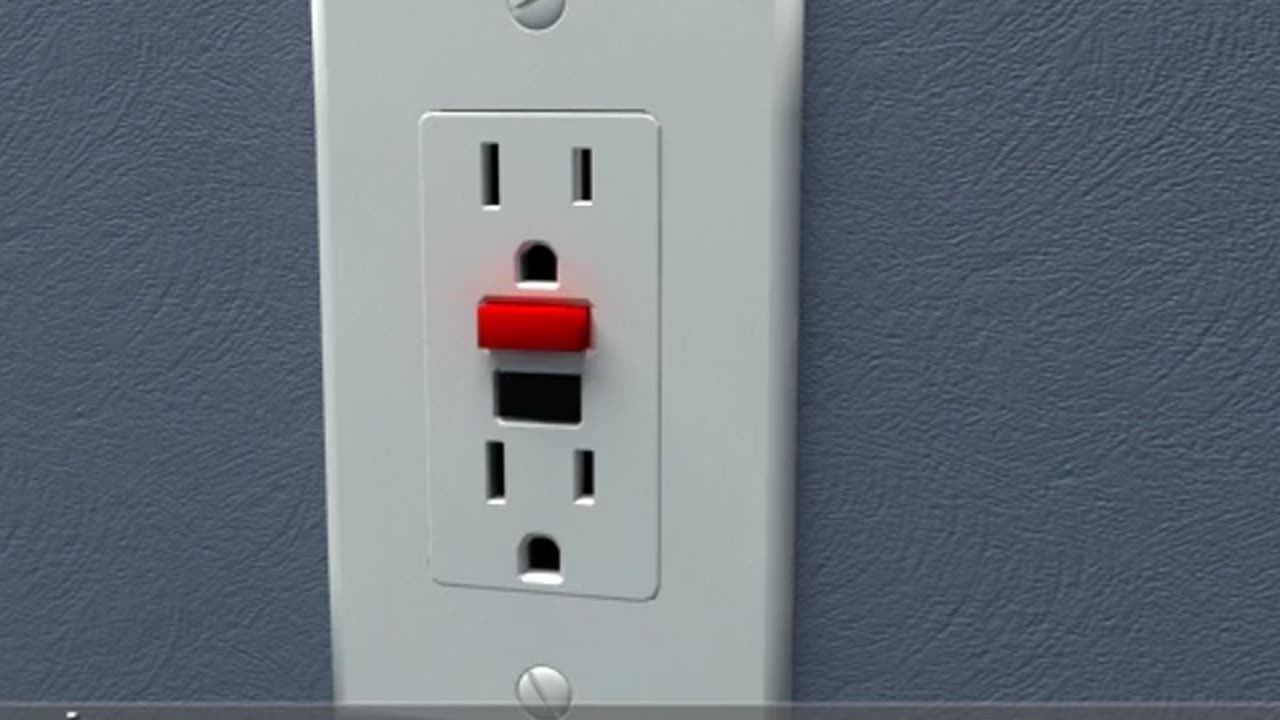Premium Only Content

Electrical Safety General Awareness Training
Electrical Safety General Awareness Training is crucial to ensure individuals understand how to identify hazards, take preventive measures, and respond appropriately to electrical incidents. Here's an outline for such training:
---
### **1. Introduction to Electrical Safety**
- Importance of electrical safety in the workplace/home.
- Common electrical hazards and risks (e.g., shocks, burns, fires, explosions).
- Relevant standards and regulations (e.g., OSHA, NFPA 70E).
---
### **2. Basics of Electricity**
- Understanding electricity (voltage, current, resistance).
- Conductors vs. insulators.
- Types of electrical energy (AC and DC).
- Effects of electricity on the human body (e.g., shock, cardiac arrest).
---
### **3. Identifying Electrical Hazards**
- Exposed wires and damaged equipment.
- Overloaded circuits and improper grounding.
- Wet environments and proximity to water.
- Working near energized equipment or power lines.
---
### **4. Safe Practices**
- Always de-energize equipment before working on it.
- Lockout/Tagout (LOTO) procedures.
- Maintaining safe distances from power sources.
- Using appropriate personal protective equipment (PPE) like insulated gloves and boots.
- Avoiding overloaded outlets and improper extension cord use.
---
### **5. Working with Tools and Equipment**
- Inspecting tools for damage before use.
- Using tools rated for electrical work (e.g., insulated handles).
- Keeping tools and cords dry and free from wear or damage.
---
### **6. Emergency Procedures**
- Responding to electrical injuries (e.g., burns, shocks).
- Shutting off power before helping an injured person.
- Performing CPR or first aid for electrical shock victims.
- Reporting incidents and seeking medical attention.
---
### **7. Fire Safety and Electrical Fires**
- Identifying electrical fires.
- Proper use of fire extinguishers (Class C for electrical fires).
- Avoiding the use of water on electrical fires.
---
### **8. Safety Tips for Non-Electrical Workers**
- Do not touch electrical equipment unless trained.
- Keep all electrical panels and outlets free of obstructions.
- Be aware of overhead power lines when working outdoors.
---
### **9. Closing and Q&A**
- Recap of key safety points.
- Open session for questions and sharing concerns or experiences.
- Distribution of handouts or materials for further reference.
---
Would you like help designing slides, quizzes, or additional materials for this training?
-
 6:54
6:54
HSESafetyInformation
1 month ago6 Must Try Breakfast recipes By Food Fusion
331 -
 1:03:02
1:03:02
Timcast
2 hours agoDemocrat Party IS DEAD, Leftist Tea Party Emerges To PRIMARY Democrats Amid RECORD Low Approval
150K120 -
 1:48:32
1:48:32
Steven Crowder
5 hours ago"Top Secret" War Texts Exposed & The AIPAC Question Addressed
360K268 -
 2:59:41
2:59:41
Right Side Broadcasting Network
5 hours agoLIVE: GOP Leadership Gives Press Briefing; Senate Intel Holds Hearing on Worldwide Threats - 3/25/25
65.1K56 -
 1:14:10
1:14:10
The Rubin Report
3 hours agoHegseth’s ‘Leaked’ War Plans Scandal Takes an Unexpected Turn
41.1K74 -

Flyover Conservatives
13 hours agoTrash Island the Size of 2 Texases?! Recycling Isn’t Enough – Kate Asseraf Has a Better Solution; Disney’s Woke Reboot of ‘Snow White’ Just Got a Harsh Reality Check | FOC Show
27.1K2 -
 DVR
DVR
TheAlecLaceShow
3 hours agoTrump Aides Leak Military Plan to Journalist | Guest: Breitbart’s Kristina Wong | The Alec Lace Show
8.02K1 -
 LIVE
LIVE
Anthony Rogers
5 days agoEpisode 358 - David Icke
153 watching -
 1:17:39
1:17:39
Bare Knuckle Fighting Championship
23 hours agoThe Bare Knuckle Show with Brian Soscia
20.3K -
 30:12
30:12
Grant Stinchfield
2 hours ago $1.14 earnedAnother Deep State Bureaucrat? Why Susan Monarez Is the Wrong Choice for CDC Director
17.6K4